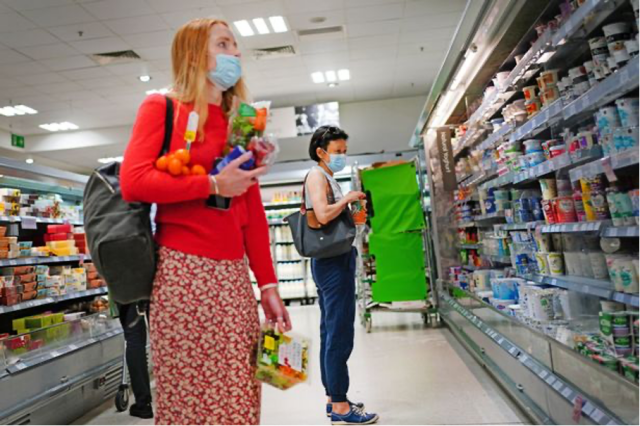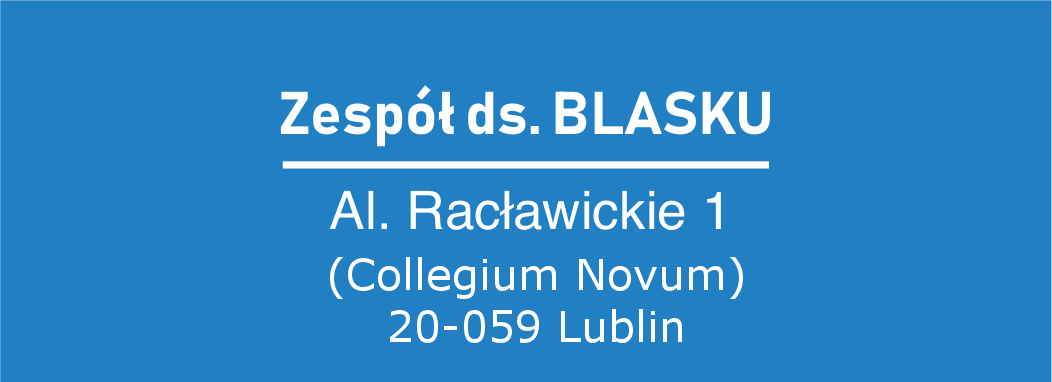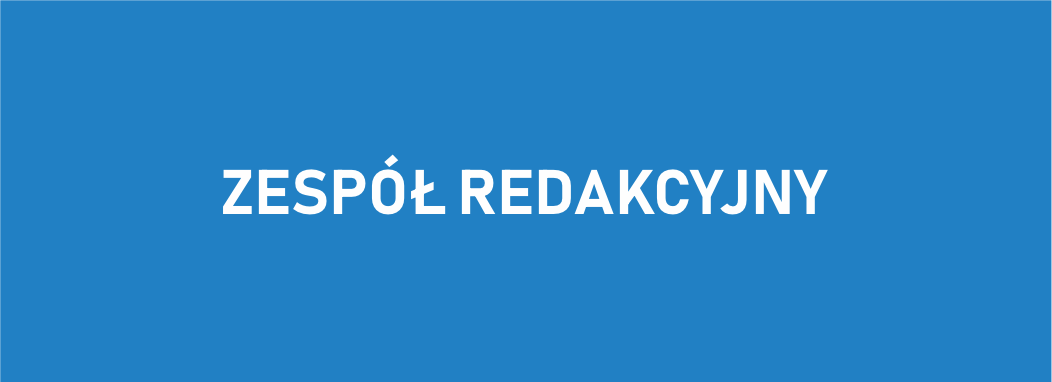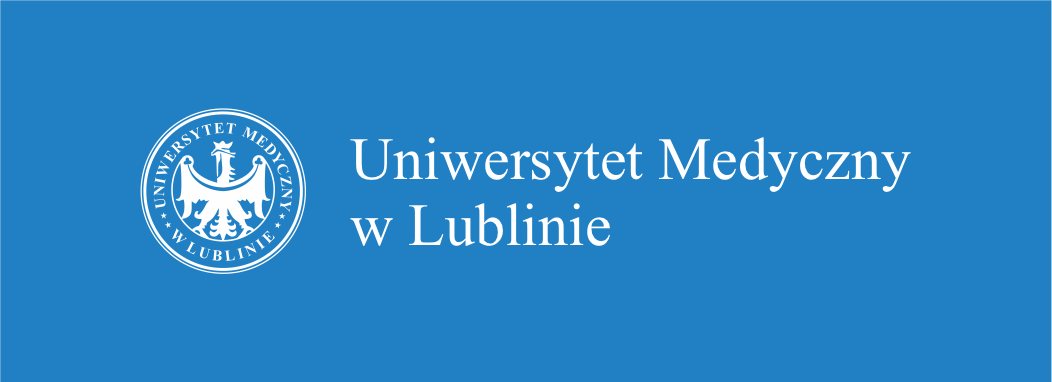Informator uniwersytecki
numer 022
Maj 2023
★
4
The Honest Supermarket – what is really there in our food?

“The Honest Supermarket” sifts the fact from the fiction when it comes to our groceries. The team of scientists, led by mathematician and TV presenter Dr Hannah Fry, set up a supermarket with all the food labels rewritten to be slightly honest as to what’s really in our food.
Brits spend almost £190 billion a year on groceries and for every £1 they spend, the big-name supermarkets get 77p. And with this hypothesis – whether the big stores can be trusted – the team starts their experiments.
The “Honest Supermarket” team test various things, e. g. whether there’s more bacteria in bottled water as compared to the tap water (the answer is yes), whether fresh or frozen fish is better (after seeing their test, it’s definitely frozen, which doesn’t decay so fast), there is a talk whether the tagging “natural” could really denote something natural and not processed, and the debate on how much the supermarkets influence our decision processes on what to buy and what to skip.
One of the most impressive experiments is perhaps the one that affects us all, considering we buy more than three billion litres of it a year – whether bottled water really is better than tap. And the lab scientist doesn’t hold back – bacteria is more likely to be present in bottled as it hasn’t been treated with chlorine and we have lots of germs in our mouth. Also, there is a 90% chance we are consuming micro-plastics, and the damage to our bodies is yet to be determined as the World Health Organisation recently commissioned a review into its potential harm.
Then there’s the misleading wording that we are accustomed to, such as “natural mineral water”, which means it’s from a reliable, verified source with labelled mineral content, “spring water” comes from a verified source but the mineral content doesn’t have to be declared.
Finally, is it really a good thing to consume frozen pizzas and ready-made produce, is it ok to complain of pesticides in our fruit, what about the fact that palm oil or corn is present in almost in everything we eat. What about intensifiers, volume additives, colouring agents, taste enhancers – how to trace these? Watch the movie, think and decide for yourself!
Piotr Flieger
Department of Foreign Languages
Did you like it?
Check Piotr's previous articles:
© 2022 Centrum Symulacji Medycznej UM w Lublinie







